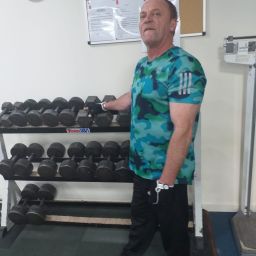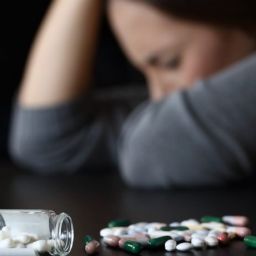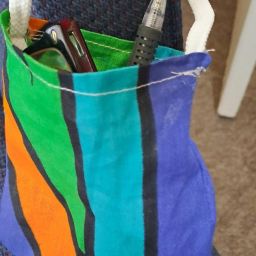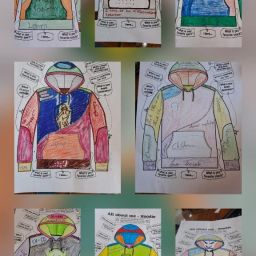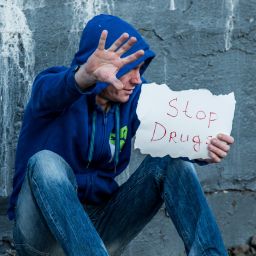Some South African parents are forcing their children into addiction – introducing them to drugs or pushing them to deal and trapping them in a brutal cycle of destruction.
On World Drug Day, commemorated globally on June 26, the spotlight falls not just on drug users but on the powerful networks behind the supply chain. The United Nations Office on Drugs and Crime (UNODC) has made this year’s theme, ‘Break the Cycle’, a direct call to confront the role of organised crime in perpetuating the global drug crisis.
In South Africa, the issue has reached what addiction expert Adèl Grobbelaar, who heads up SANCA Wedge Gardens Treatment Centre in Johannesburg, calls ‘pandemic levels’.
“The drug crisis in South Africa is no longer a marginal problem. It is entrenched in every layer of society,” says Grobbelaar. “Drugs are easily and cheaply available. This normalises use and traps individuals and communities in cycles of substance use disorder and crime.”
Organised crime: The engine behind the epidemic
According to the UNODC, organised crime is the major driver of the global illicit drug trade, with devastating consequences. South Africa is no exception. Grobbelaar explains that gangs dominate certain areas, controlling the flow of drugs and demanding criminal loyalty from those within their reach.
“In some areas, joining a gang is conditional on committing a crime, which pulls the individual not only into substance use but into a criminal underworld,” she says.
The corruption doesn’t end on the streets. “Bribery and missing court dockets are common,” Grobbelaar adds. “Even when suspects are arrested, drugs continue to flow into correctional facilities. The criminal justice system focuses on violent crimes like assault and trafficking, while drug use often takes a backseat.”
Schools: The new battleground
“Drug gangs have infiltrated schools,” Grobbelaar warns. “They specifically target vulnerable children – homeless kids, those from broken homes, or child-headed households.”
Grobbelaar explains that drug lords sometimes offer scholarships to private and public schools, not as acts of charity but as recruitment strategies. “These children may not use drugs themselves, but they are used to gain customers. If they deliver, they stay in school. If not, the support disappears.”
Some parents, shockingly, even push their children into the drug trade. “We’ve had clients whose parents introduced them to drugs. It’s heartbreaking.”
No school is immune. “We often get learners referred to us for drug testing,” she says. “I doubt there is a single school in the country that can claim to be drug-free. Sadly, many schools and teachers look the other way, because once you dig, the problems are overwhelming.”
She also criticises the lack of alignment between government departments. “Education, Social Development, Health – they are not working together. Without a co-ordinated effort, we’ll never tackle this at the root.”
Desperation and inequality
Grobbelaar highlights how South Africa’s high unemployment rate and deep-rooted poverty create a perfect breeding ground for drug abuse. “Some individuals resort to selling drugs just to feed their families. Others, particularly the homeless, use drugs to escape the harsh reality of street life.”
She notes a disturbing trend: “Living on the streets becomes a lifestyle, even an addiction. People know where to get food, how to hustle, and how to survive. Some even rent children to play on people’s emotions when they stand at traffic lights asking for money.”
Breaking the cycle
The message for World Drug Day is clear: Organised crime fuels substance use disorders, and it thrives in environments where poverty, corruption, and systemic failure go unchecked.
“The only way to break this cycle,” Grobbelaar says, “is through collaboration, social investment and community-level interventions. We need more than just talk, we need action.”
For more information on Wedge Gardens, visit www.wedgegardens.co.za


